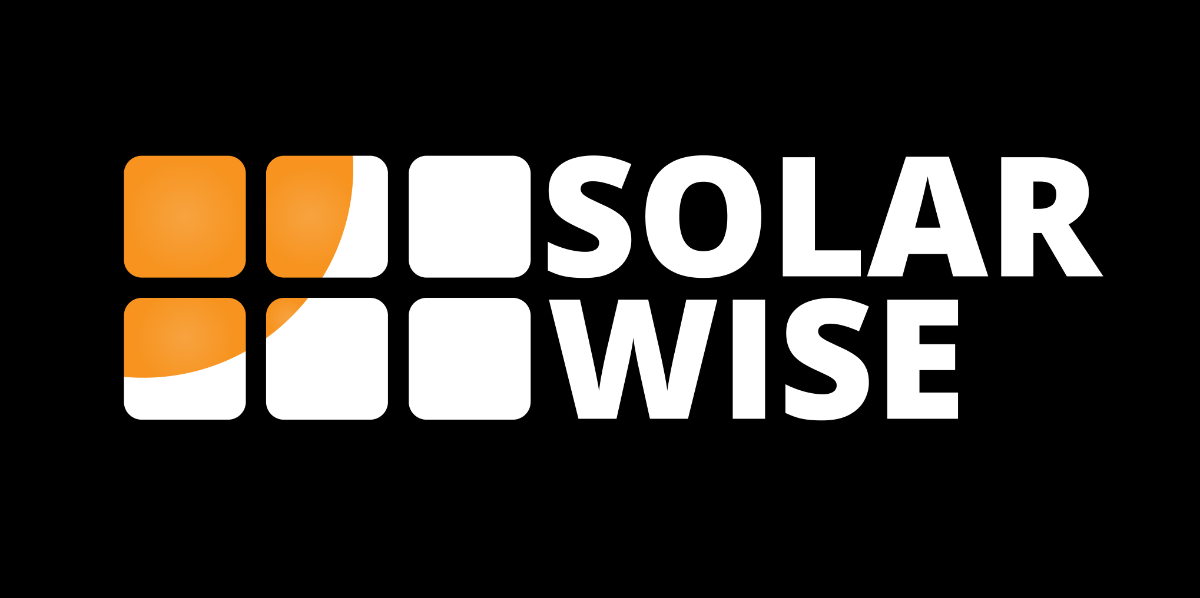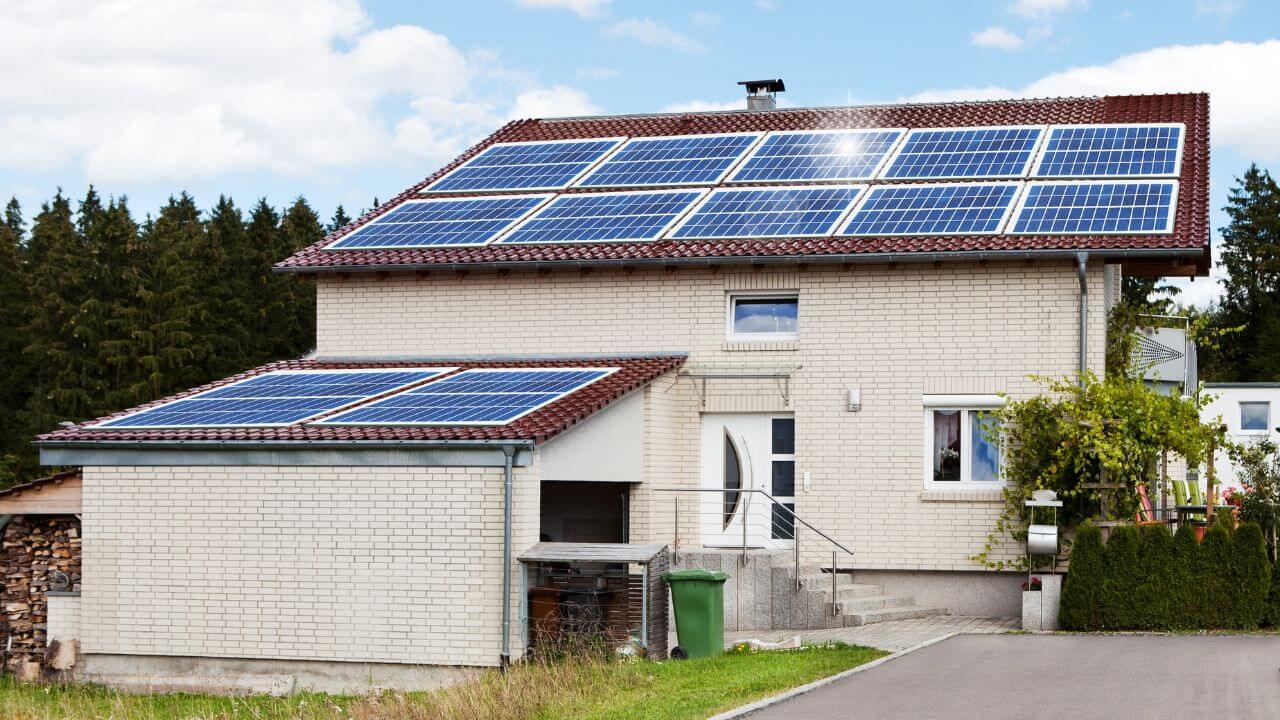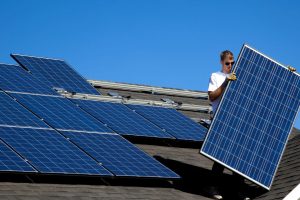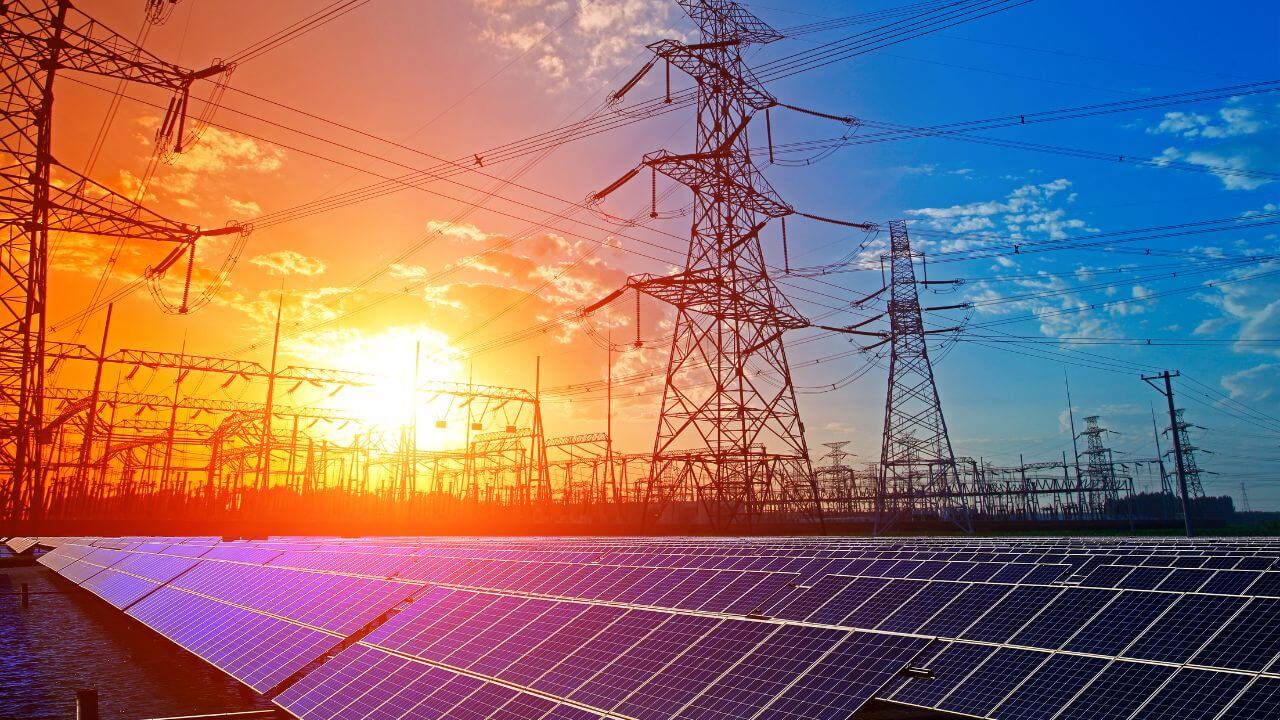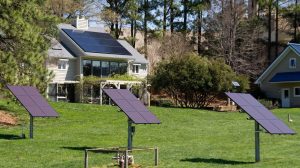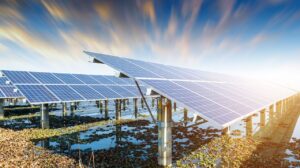You might wonder, ‘What’s the point of switching to solar energy?’
Allow us to explain: there are innumerable benefits to adopting this source of renewable energy. Solar energy presents a wide array of advantages, whether it’s lessening your dependency on conventional energy networks or slashing your monthly utility expenses.
Moreover, it is a green choice that can enhance the worth of your property.
Therefore, as we delve into the extensive benefits of solar energy, unveiling the groundbreaking opportunities it harbors for a more luminous future.
Main Points
- Sunlight is a constant and reachable energy source.
- Solar power can be utilized both locally in homes and on grander scales like solar parks.
- Adopting solar energy boosts the economy and offers job opportunities.
- Choosing solar energy lessens ecological harm and our dependency on non-renewable resources.
Harnessing solar energy can lighten your expenses
Opting for energy from the sun in our homes can benefit us by saving money. Setting up solar panels in our homes enables us to produce our power, diminishing our need for costly electricity from the grid. By tapping into solar power, we can see a notable decrease in our monthly electric charges, giving us added financial relief.
Moreover, using the sun’s energy is an eco-friendly approach. Solar energy is green and sustainable, with no harmful emissions during its use. Shifting to solar aids in global endeavors to tackle climate change and foster environmental responsibility.
Solar power’s monetary and environmental advantages underline its value for those aiming for a cost-effective and eco-conscious tomorrow.
Generating Your Power Decreases Dependence on Utility Companies
Creating our power supply significantly lowers our dependency on utility companies, paving the way for greater self-reliance. This is especially evident when utilizing solar energy for off-grid residences. By capturing solar energy, we can minimize our environmental impact and contribute positively to our surroundings.
Here are two primary advantages of self-power production using solar energy:
- Autonomy in Energy Usage: Creating our electricity liberates us from the confines of conventional power networks. We can sustain ourselves off-grid, with continual access to pure, renewable energy regardless of location.
- Diminished Carbon Footprint: Solar power is a pristine energy source that generates no harmful greenhouse gases. Solar energy can drastically diminish carbon emissions, fostering a healthier and more sustainable future.
Domestic Solar Power: A Sustainable and Eco-friendly Energy Alternative
Utilizing solar power at home presents numerous perks, including its inexhaustible attributes and favorable environmental influence. Solar energy is a non-polluting and clean solution that avoids adding to greenhouse gas emissions or polluting the air. Solar power can reduce our reliance on non-renewable resources and mitigate climate change.
Solar energy innovation in the residential sector seems promising in the future. Continuous research and enhancements are augmenting the effectiveness and output of solar panels. Progress in energy storage and amalgamation systems is set further to elevate the feasibility and reach of solar power.
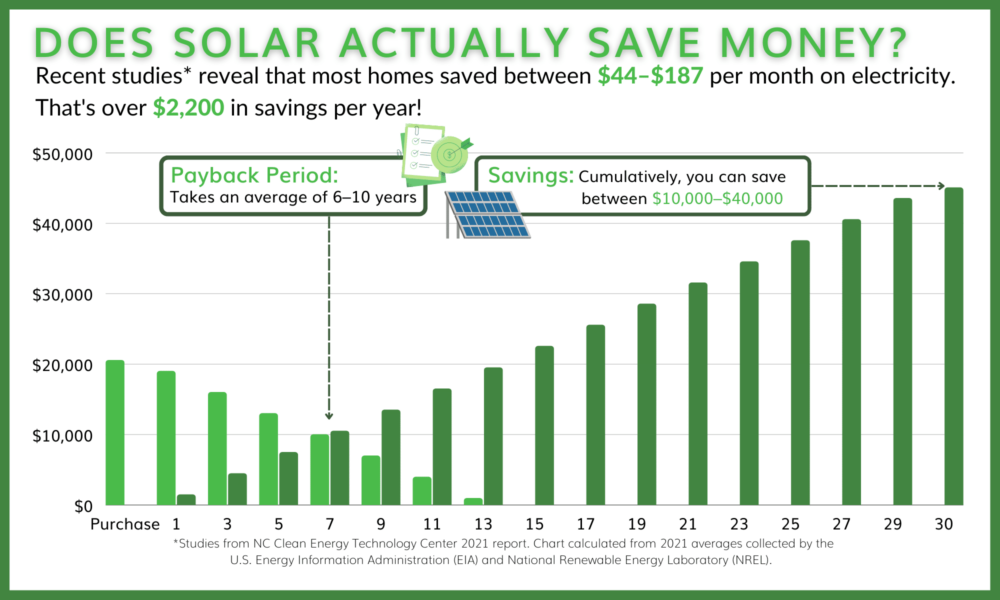
Credit: marketwatch.com
Installing Solar Panels Enhances Real Estate Worth
Mounting solar panels on our residences augments energy efficiency and amplifies the real estate value. This represents an encouraging trend in the renewable energy and home augmentation sectors.
Here are a few crucial aspects to note:
- Potential buyers regard solar panels as a desirable feature.
- Research indicates that residences equipped with solar panels command higher resale prices.
- Solar systems furnish a steadfast and renewable energy supply.
- Crafting our electricity lessens our reliance on conventional power networks.
Investing in this renewable energy source not merely furthers a cleaner future but also boosts our home’s worth. This presents a mutually beneficial scenario, fostering environmental conservation and economic growth.
Solar panels are a sensible and forward-thinking choice as we pursue heightened property appraisal and energy autonomy.
Solar Panels Demand Minimal Upkeep and Offer Longevity
Solar panels promise longevity and low maintenance demands, fostering trust in their sustained performance. The benefits surrounding solar panel upkeep are manifold.
Constructed to endure diverse weather phenomena like rain, snow, and gusty winds, solar panels employ resilient materials, promising a lifespan spanning several decades. Ensuring appropriate installation and periodic cleaning allows panels to sustain efficient power production over time. Furthermore, the minimal maintenance needs of solar panels diminish the necessity for regular repairs or replacements, establishing them as a cost-efficient option over time.
The robust nature of solar panels guarantees a dependable and steady energy source, facilitating continuous electricity production. Through the adoption of solar power, both individuals and enterprises can foster a sustainable future while enjoying the perks of their durable and low-maintenance characteristics.
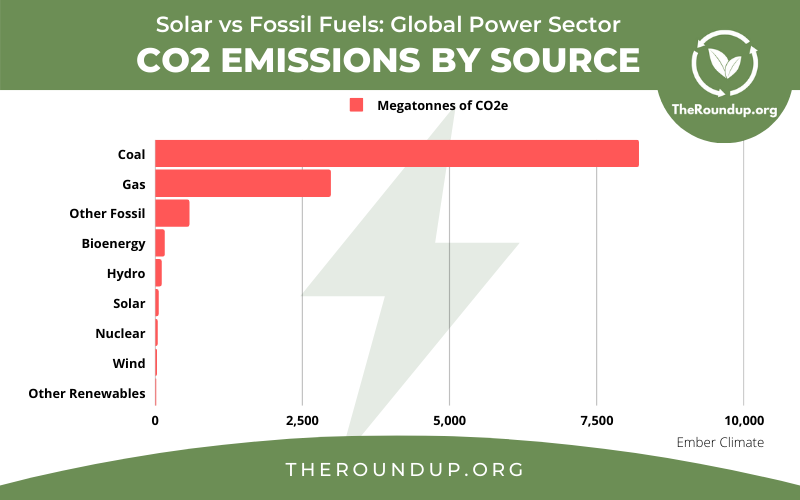
Credit: theroundup.org
Tax Advantages and Rewards Await Homeowners
Numerous homeowners benefit from tax breaks and incentives when incorporating solar panels into their properties. These fiscal incentives and solar rebates render financial support, making solar energy more accessible to the populace. Here are several important details to bear in mind:
- Tax deductions: Homeowners are eligible for tax deductions amounting to a fraction of the solar panel installation expenditure. These deductions can lessen initial costs, fostering extended financial savings.
- Solar incentives: In certain regions, homeowners might also qualify for rebates or monetary incentives when they install solar power systems. Such incentives further mitigate installation expenses and promote embracing green energy solutions.
Solar Energy Can Serve as a Backup During Power Interruptions
Solar installations have the potential to serve as a backup energy source during power disruptions, guaranteeing our homes remain operational and connected throughout unforeseen situations.
Solar energy setups usually coordinate with battery storage units to guarantee uninterrupted power supply. Here’s the mechanism:
- Harvesting Solar Rays: Solar panels harness the solar rays during daylight hours.
- Energy Reservation: The garnered clean energy is preserved in solar batteries for subsequent use.
- Energy Distribution: In power disruptions, the reserved energy becomes a vital source to fuel your residence.
Perks of Employing Solar Energy as a Backup
- Dependable: Unlike the conventional power grid, which might falter during severe weather or technical snags, solar energy setups maintain high reliability, ensuring power availability during critical times.
- Economically Viable: Following the initial establishment, it allows you to economize on electricity expenditures since you are fabricating your electricity, lessening your dependence on the external power network.
- Eco-Conscious: Solar power represents a green, replenishable energy source and refrains from emitting detrimental carbon dioxide or other contaminants.
Solar power is readily available and can cater to secluded regions lacking established infrastructure, furnishing a decentralized energy alternative. This curtails our dependency on mainstream energy networks and diminishes our reliance on fossil fuels.
Frequently Asked Questions
What Is the Average Payback Period for Installing Solar Panels on a Residential Property?
The usual return period for implementing solar panels on a domestic property can vary, influenced by numerous elements. These aspects encompass the financial investment in the setup, the quantum of electricity utilization, the prevailing electricity charges in the locality, and any potential incentives or rebates.
In general terms, the return period fluctuates between 5 to 10 years. Nonetheless, technological enhancements and diminishing expenditures steadily make solar power more budget-friendly, thereby shortening the return duration.
Moreover, forthcoming improvements in energy storage and integration technologies are anticipated to escalate the effectiveness further and shorten the return timeframe of solar panel systems.
Are There Any Limitations or Restrictions on Installing Solar Panels in a Home?
Yes, several constraints or limitations exist concerning mounting solar panels on residences. These include factors such as the spatial availability, the direction, and the slope of the rooftop, along with local statutes or stipulations set by homeowners’ association guidelines.
Furthermore, the initial expenses for setting up and the requisite for sufficient sunlight exposure can serve as deterrents. Nevertheless, ongoing technological advancements and growing affordability gradually mitigate these hurdles, rendering solar power an increasingly accessible alternative for homes.
What are the requirements for installing solar panels on a roof?
Solar panels can be fitted on various roof types, contingent upon their appropriateness. Elements such as the orientation, slope, and potential shadowing areas of the roof should be assessed to ascertain the best location for solar panel installation.
Certain roofing materials, including asphalt shingles, metal, and tiles, are frequently preferred for solar panel installations. Nonetheless, specific criteria might alter based on the manufacturing company and the chosen installation method.
Engaging a solar specialist for consultation is invariably suggested to identify the most suitable strategy for your roof type.
Is replacing or repairing solar panels necessary over time, and what is their life expectancy?
The operational longevity of solar panels can vary, typically enduring for about 25 to 30 years. As time progresses, a marginal decline in performance might be observed, but consistent upkeep can aid in extending their functionality.
Occasionally, a few panels might necessitate replacement, though the overarching system retains its energy capacity. Repairs are seldom needed, but if issues emerge, adept technicians can address them without difficulty.
With meticulous maintenance, solar panels have the potential to supply steadfast and sustainable energy for numerous years.
Wrapping Up
To sum up, solar energy brings forth a myriad of benefits, positioning it as a prudent option for individuals and societies alike.
Were you aware that installing solar panels on your residence could yield savings averaging $20,000 across 20 years? This fact underscores the economic perks of solar energy, encouraging more people to transition to this sustainable energy source.
Given its accessibility, ecological advantages, and promising cost-saving prospects, solar energy is unequivocally steering our future towards a brighter and more positive direction.
